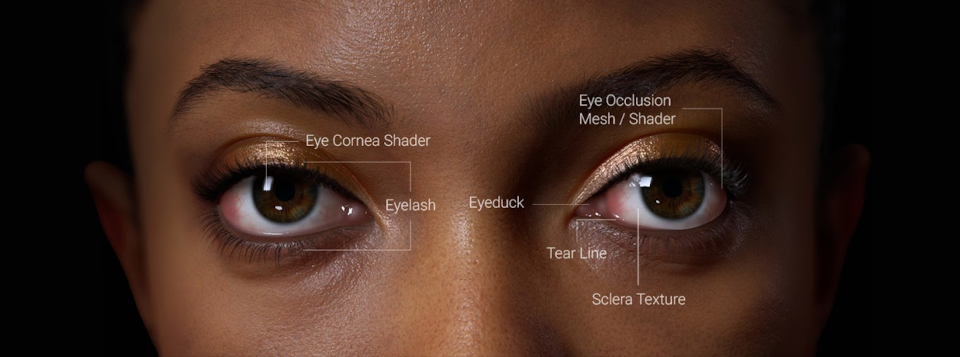
WWW.COMPUTERWORLD.COM
CISA under review: Trump memo spurs scrutiny and uncertainty
The Trump administration has issued a directive against Christopher Krebs, the founding director and former head of the Cybersecurity and Infrastructure Security Agency (CISA) for weaponizing and abusing his government authority during his tenure. The memorandum issued by the government has not only called for the suspension of Krebs’ security clearance but also ordered a sweeping review of CISA’s activities over the past six years.
Citing Krebs — who is also now the chief intelligence and public policy officer at cybersecurity giant SentinelOne — as a bad-faith actor who abused government authority, the memorandum stated, “Krebs’ misconduct involved the censorship of disfavored speech implicating the 2020 election and COVID-19 pandemic.”
According to the memorandum, CISA covertly worked to blind the American public to the controversy surrounding Hunter Biden’s laptop.
“Krebs, through CISA, promoted the censorship of election information, including known risks associated with certain voting practices. Similarly, Krebs, through CISA, falsely and baselessly denied that the 2020 election was rigged and stolen, including by inappropriately and categorically dismissing widespread election malfeasance and serious vulnerabilities with voting machines. Krebs skewed the bona fide debate about COVID-19 by attempting to discredit widely shared views that ran contrary to CISA’s favored perspective,” read the memorandum.
As a result, President Trump has also directed the US Attorney General, the Director of National Intelligence, and all other relevant agencies to immediately take all action as necessary and consistent with existing law to suspend any active security clearances held by individuals at entities associated with Krebs, including SentinelOne, pending a review of whether such clearances are consistent with the national interest.
Reacting to the memo, a SentinelOne said, “In regard to the Executive Order dated April 9, 2025 focused on Chris Krebs in his prior role as a government employee, we will actively cooperate in any review of security clearances held by any of our personnel – currently less than 10 employees overall and only where required by existing government processes and procedures to secure government systems. Accordingly, we do not expect this to materially impact our business in any way.”
Directive’s fallout
The directives taken against CISA have raised alarm among cybersecurity experts raising questions over the agency’s neutrality.
Cybersecurity professionals also warn that the latest directive could jeopardize CISA’s credibility and morale at a time when threats to critical infrastructure are surging. “Reviewing six years of activities may divert resources from urgent threats like ransomware or AI-driven attacks. Delays in initiatives like critical infrastructure hardening or threat-intelligence sharing could create vulnerabilities during transitions,” said Amit Jaju, senior managing director at Ankura Consulting Group.
As the Trump administration initiatives a comprehensive evaluation of CISA, experts feel it might unfairly target professionals who are neutral and simply doing their job to keep digital systems safe.
According to Greyhound Federal Cyber Readiness Pulse 2025, 59% of federal cybersecurity professionals reported having paused or delayed initiatives in the past year — not because of funding or threats, but due to procedural ambiguity and fears of post-decision scrutiny. Reviews of this nature risk compounding those delays by introducing uncertainty at a time when speed and clarity are paramount.
“What is being framed as a routine retrospective review may, in practice, carry chilling effects on CISA’s forward-facing operations. This review may create decision bottlenecks, delay funding approvals, and slow project momentum in mission-critical areas such as AI-based intrusion detection, zero-trust architecture rollouts, and quantum vulnerability mitigation,” said Sanchit Vir Gogia, chief analyst and CEO at Greyhound Research.
Jaju said, cybersecurity experts value mission-driven work. “Perceived political targeting (e.g., revoking clearances) may drive talent to private firms, worsening the federal workforce gap (33,000+ unfilled roles) and weakening long-term capacity.”
Risks public-private collaboration
The directive is likely to have ripple effects on the cybersecurity community as well.
CISA has, over the past few years, carved out a critical role as the convening point for public-private cyber collaboration. The agency has been central to fostering trust between federal authorities and private sector entities, especially in areas like threat intelligence and incident response.
“This directive risks complicating that role. Even if the intent is accountability, the impact may be hesitation from enterprise stakeholders who fear that participating in federal programs — particularly those around threat intelligence — could carry future reputational or legal baggage,” Gogia said.
The increased scrutiny could dampen industry willingness to engage, ultimately weakening collective cyber defenses. Jaju said, “Politicizing CISA’s leadership sets a risky precedent. Private firms could shift partnerships to avoid scrutiny. Reduced coordination might embolden adversaries exploiting societal divides via disinformation or AI-driven attacks.”
0 Комментарии
0 Поделились
46 Просмотры












